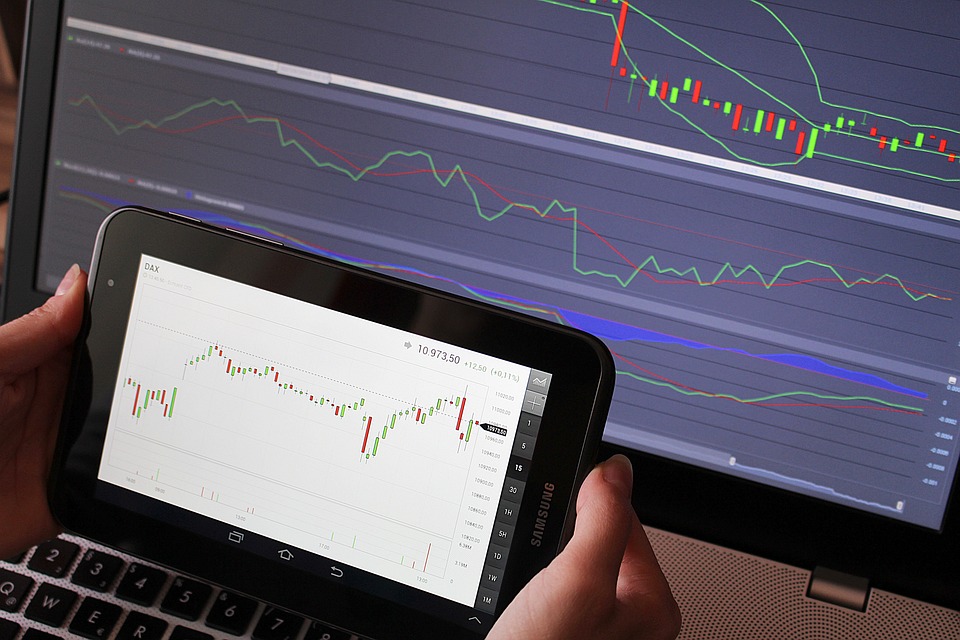Uncover the Secrets of Forex Trading Signals: How to Make Smarter Investment Decisions
Forex trading signals are powerful tools that can help traders make smarter investment decisions in the foreign exchange market. Understanding how to interpret and utilize these signals effectively can give you a significant edge in the highly competitive world of forex trading. In this article, we will delve into the secrets of forex trading signals and provide you with valuable insights on how to maximize their potential.
What are Forex Trading Signals?
Forex trading signals are indicators or notifications that suggest potential trading opportunities in the forex market. These signals can be generated through various methods, including technical analysis, fundamental analysis, or a combination of both. Traders use these signals to identify trends, entry and exit points, and potential profit opportunities.
Some common types of forex trading signals include:
- Buy/Sell Signals: Indicating when to enter or exit a trade
- Take Profit/Stop Loss Signals: Suggesting when to take profits or cut losses
- Trend Analysis Signals: Identifying the direction of the market trend
How to Interpret Forex Trading Signals
Interpreting forex trading signals requires a good understanding of technical analysis and market dynamics. Traders need to consider various factors, including price movements, volume, momentum, and support/resistance levels. By analyzing these factors, traders can make informed decisions based on the signals they receive.
It is essential to remember that forex trading signals are not foolproof and should be used in conjunction with other market analysis tools. Traders should also consider the risk-reward ratio and set appropriate stop-loss levels to manage potential losses.
Strategies for Using Forex Trading Signals
There are several strategies that traders can use to maximize the effectiveness of forex trading signals:
- Combine Signals: Using multiple indicators or signals to confirm a trading decision
- Backtesting: Testing signals on historical data to evaluate their performance
- Risk Management: Setting proper risk management rules to protect your capital
By incorporating these strategies into your trading routine, you can increase the accuracy and reliability of the signals you receive.
FAQs
Q: Are forex trading signals accurate?
A: Forex trading signals can be accurate, but they are not guaranteed to be correct 100% of the time. Traders should use signals as a tool to guide their decision-making process and not rely solely on them for trading.
Q: How can I find reliable forex trading signals?
A: There are many signal providers and software programs that offer forex trading signals. It is essential to research and choose a reputable provider with a track record of success. You can also consider testing signals on a demo account before using them in live trading.
Q: Can forex trading signals help me make consistent profits?
A: While forex trading signals can provide valuable insights and opportunities, consistent profits depend on various factors, including market conditions, trading strategy, and risk management. Traders should use signals as part of a comprehensive trading plan.
Overall, forex trading signals can be a valuable tool for traders looking to make smarter investment decisions in the forex market. By understanding how to interpret and utilize these signals effectively, you can increase your chances of success and profitability in the dynamic world of forex trading.
For more information on forex trading signals, check out this resource for additional insights and resources.




